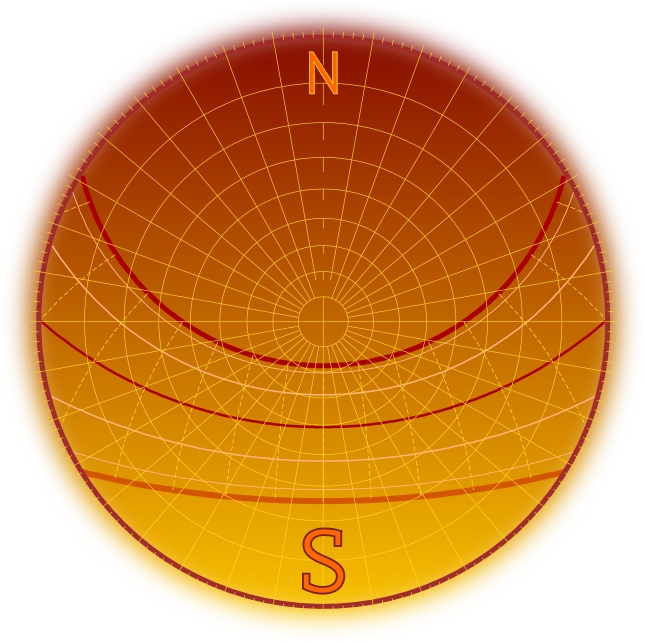Author
Jeffrey R. S. Brownson (PhD)
- Director, Solar Ecology program, EMS Energy Institute
- Founding Faculty: MPS in Renewable Energy & Sustainability Systems
- Associate Professor
Publisher: Elsevier: Academic Press (2013)
Summary
Solar energy conversion requires a different mind-set from traditional energy engineering, or traditional extractive and colonial engineering methods found in the geo-fuels/fossil fuels industries that dominate our global markets for the moment. Transformative solar expertise called for now demands scholarship in technology, ethics, ecology, and communities of people living in their unique places. Solar Energy Conversion Systems examines solar energy conversion as an integrative design process, applying systems thinking methods to a solid knowledge base for creators of solar energy systems. This approach permits different levels of access for the emerging broad audience of scientists, engineers, architects, planners, and economists. Traditional texts in solar energy engineering have often emerged from mechanical or chemical engineering fields. Instead, Solar Energy Conversion Systems approaches solar energy conversion from the perspectives of sustainability science and systems thinking, integrative design and common pool resource management methods, skill development in teamwork, dynamic systems modeling, and group agency. This is a new solar text for the new generation of solar photovoltaic project developers interested in the high performance solar farming that attends to microclimate, pollinators, community-led action, as well as quarterly returns in MWh and dollars. Our text also explores vignettes that break down solar conversion into useful stories and provides common points of reference.
Key Features
- Contextualizes solar conversion for systems design and implementation in practical applications
- Provides a complete understanding of solar power, from underlying science to essential economic outcomes
- Analytical approach emphasizes systems simulations from measured irradiance and weather data rather than estimations from “rules of thumb”
- Emphasizes integrative design and solar utility, where transdisciplinary teams can develop sustainable solar solutions that increase client well-being and ecosystems services for a given locale
Readership
The SECS text is designed for a new 3rd-4th year undergraduate engineering course, 3rd-4th year Science Technology Studies course, or an introductory graduate course in solar energy engineering and the science of portfolio management for larger solar farms.

